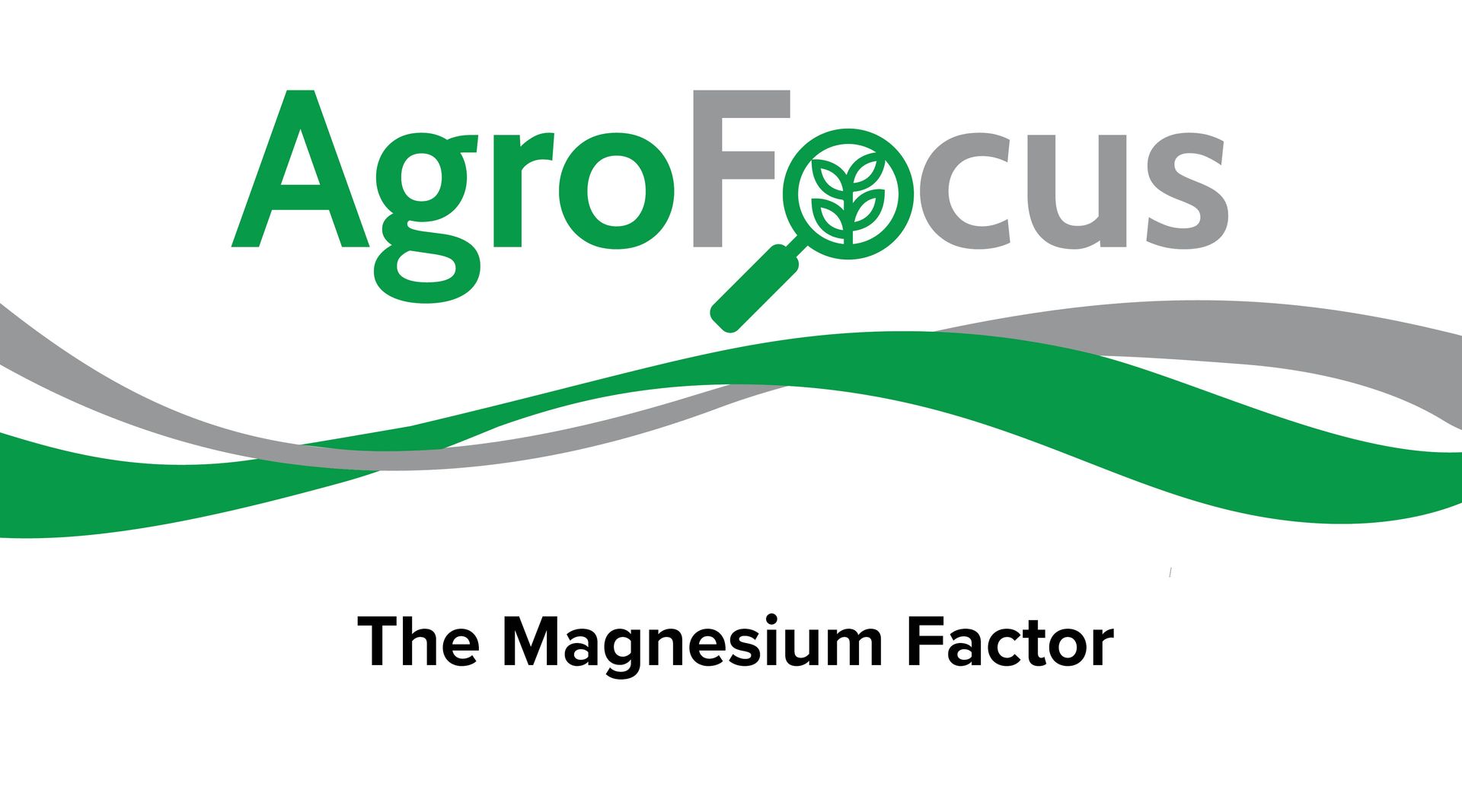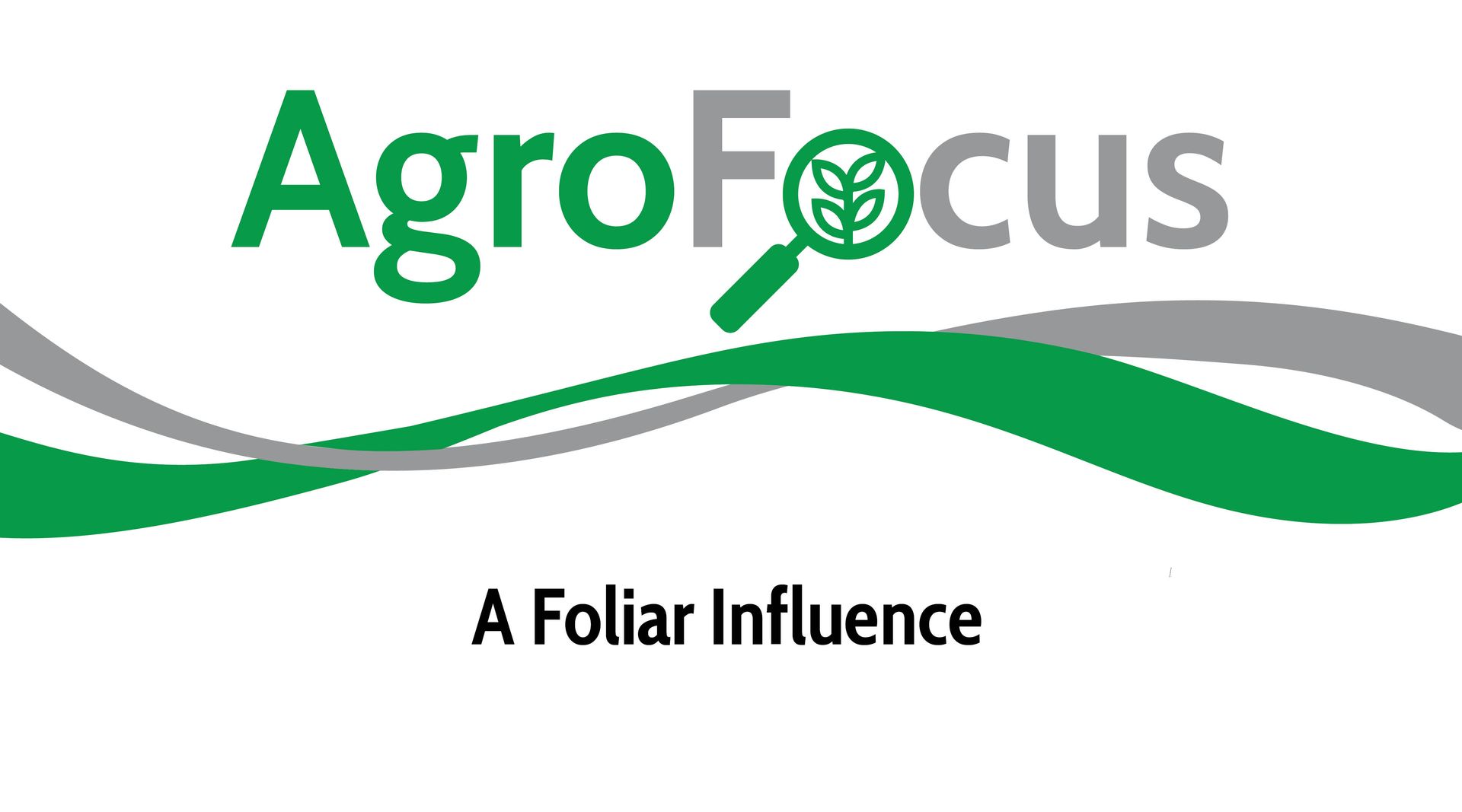

Sustainability is a buzz word that the media and scholars talk about a lot these days. It most often is used as a term describing management in a way that meets the needs of the present without compromising the ability of future generations to meet their needs. It is said that sustainability can be determined by balancing economics, environment and society.
When it comes to agriculture, sustainability certainly means different things to different people. Individual perceptions are influenced by the area in which you live and work and by your familiarity with agricultural practices. Farmers are much less likely than consumers to see environmental issues associated with production agriculture to be a major problem. Similarly, farmers are less likely than consumers to believe that current economic returns for agricultural products are adequate. These groups even have differing views of societal issues such as food quality and safety. They also have different views about farm size and structure; each having different opinions of terms such as “family farm”, “independent producer”, or “corporate farm”.
One thing that both groups can agree upon is that getting greater efficiency from inputs while minimizing waste and environmental contamination are factors that contribute to agricultural sustainability. These are the exact principles that NACHURS products have promoted since 1946! Products such as in-furrow starter fertilizer and foliar fertilizers help plants produce more, while using less resources and are much less likely to be lost to leaching, volatilization or carried offsite with rain water.
With modern farming practices, NACHURS products have become even more important. In addition to in-furrow and foliar applications, we have found that we can get more out of our fertilizer by applying with strip-till, side-dress applications, or through irrigation water. These applications allow farmers to apply a little fertilizer at a time which spoon feeds the crop for the most efficient application possible. Also, these applications are rarely conducted by themselves. Most of the time NACHURS fertilizer goes on with another agricultural input, such as during planting, with herbicide or fungicide, or with other nutrient application, therefore labor and fuel cost for the applications are minimal.
I know many farmers are tired of hearing the word “sustainability” and are tired of the debate that continues to scrutinize modern agricultural practices. Most farmers care deeply about the future generations maintaining the ability to feed themselves. Knowing that the use of technological advances and the use of fertility products like those produced by NACHURS corresponds with sustainable objectives should be a source of satisfaction for those of you that use them.

